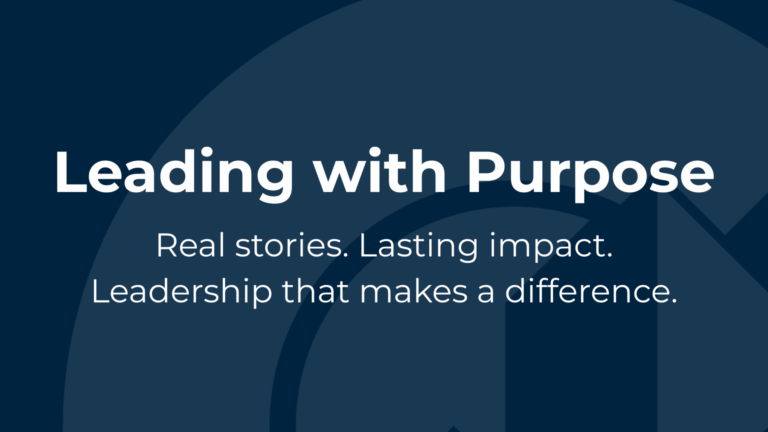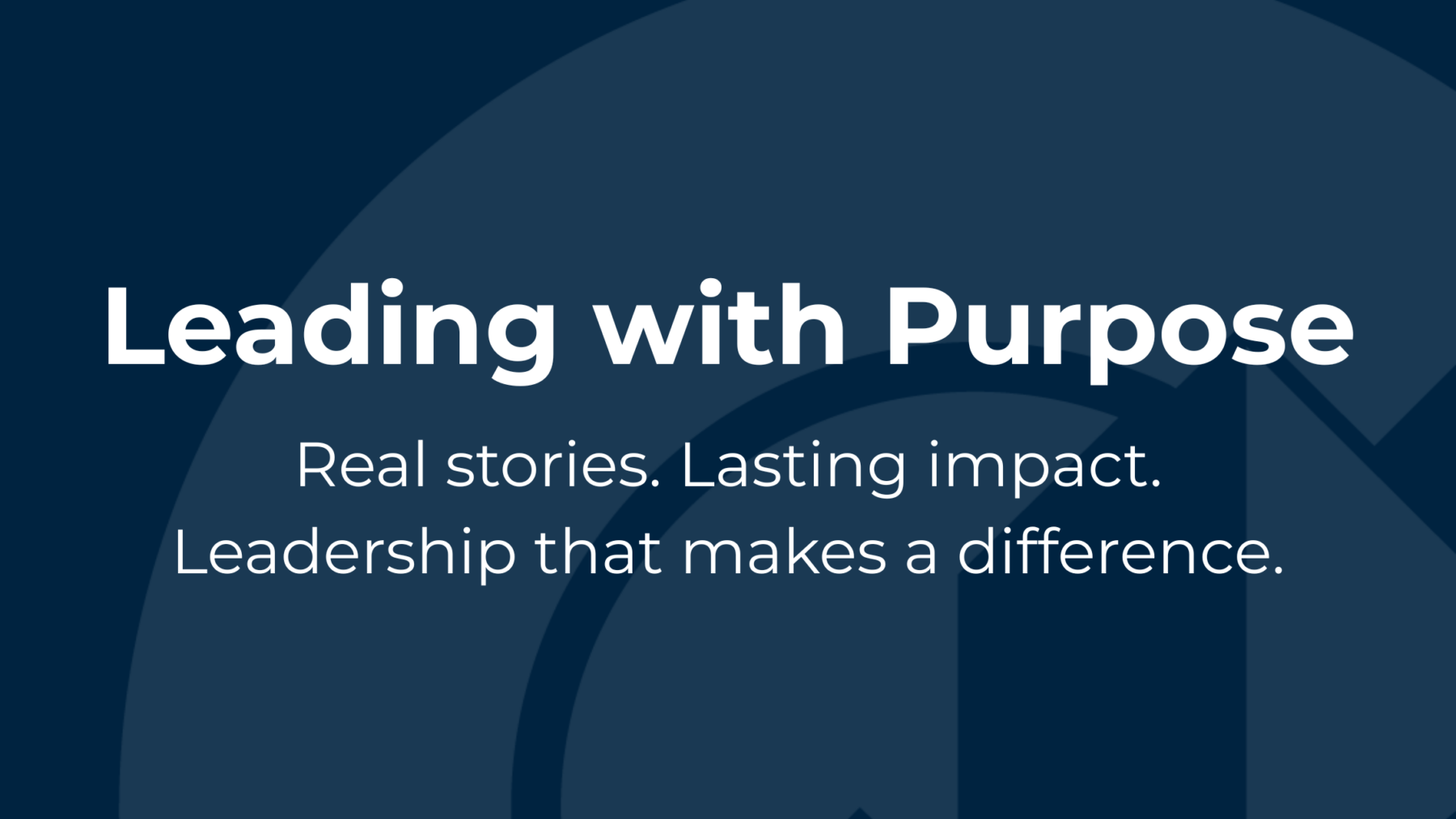Check out essential insights, expert advice, and valuable tools to help you navigate the ever-evolving business landscape and seize new opportunities.

Read more

Read more

Read more

Read more

Read more

Read more

Read more

Read more

Read more

Read more

Read more

Read more
Lorem ipsum dolor sit amet consectetur. At congue vitae amet libero gravida a pellentesque pellentesque bibendum. Tincidunt suscipit massa felis proin sodales eu placerat urna. Id donec ut tincidunt nec sed.
